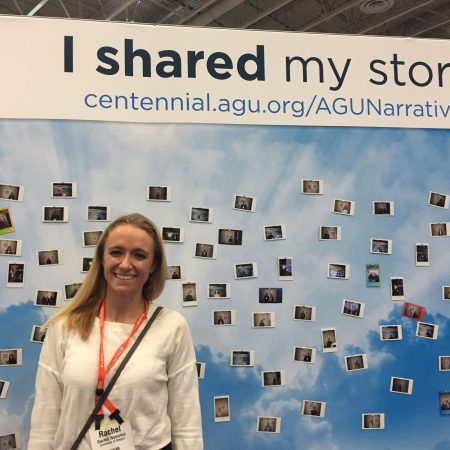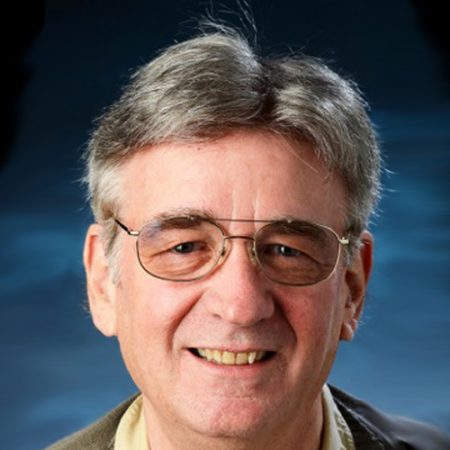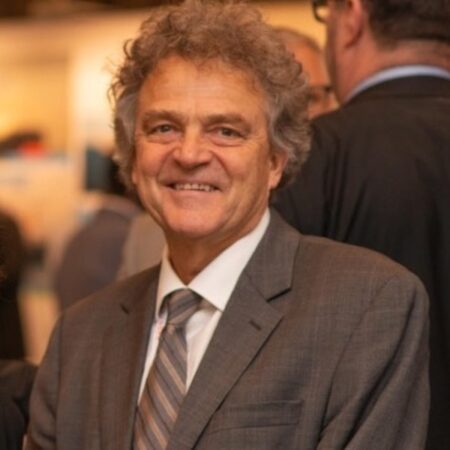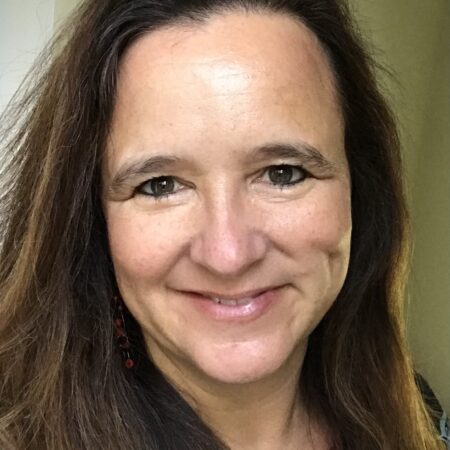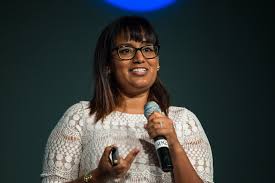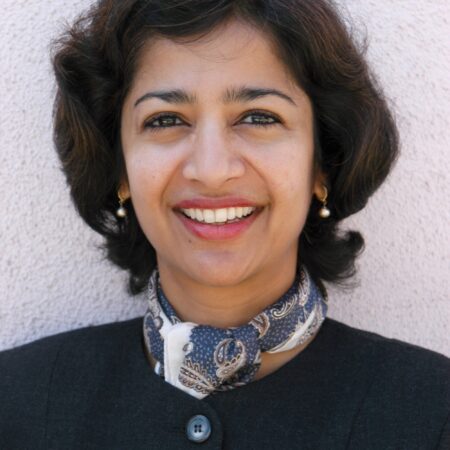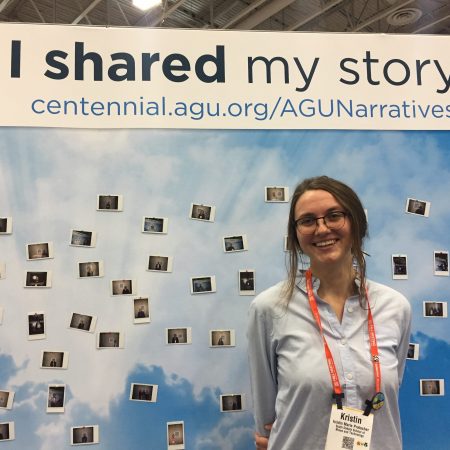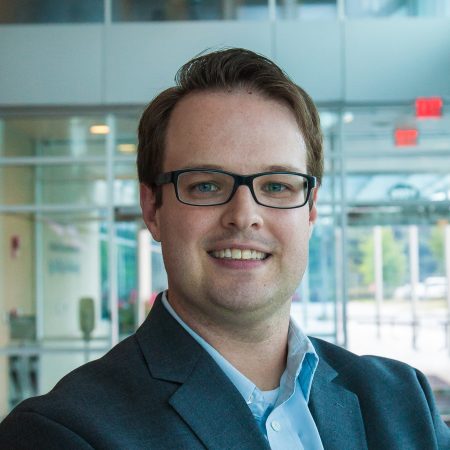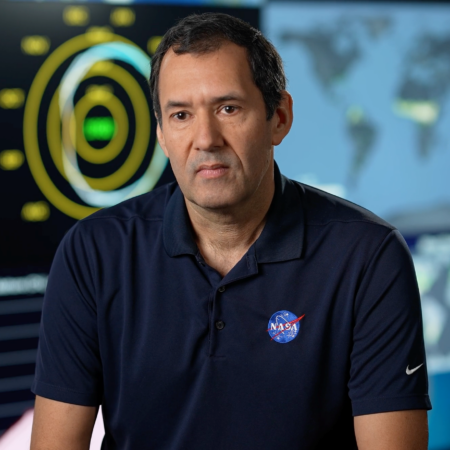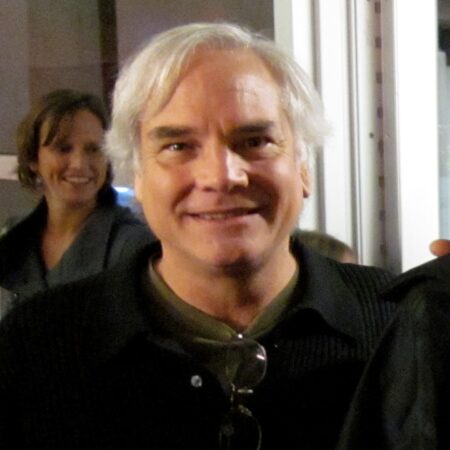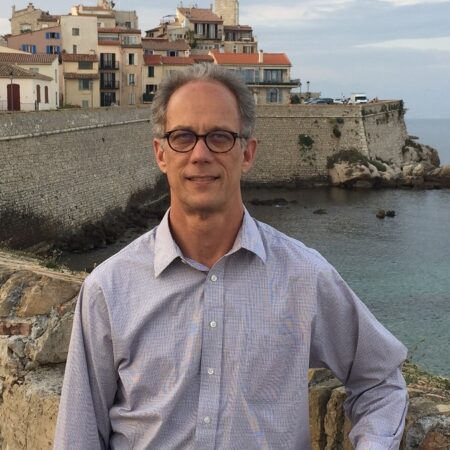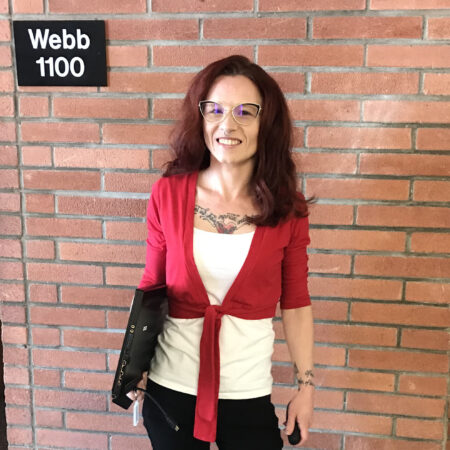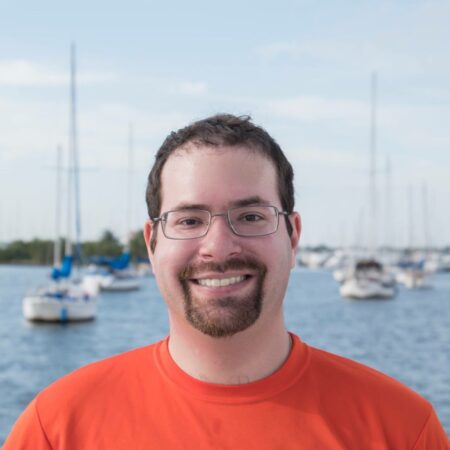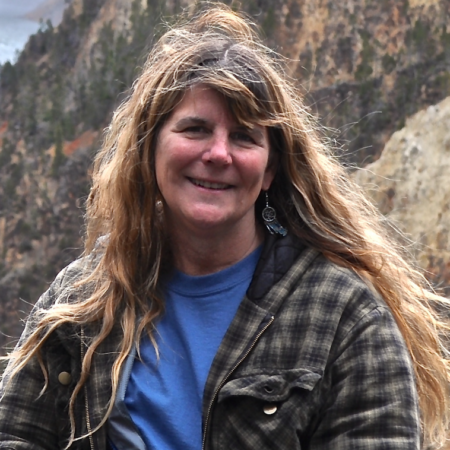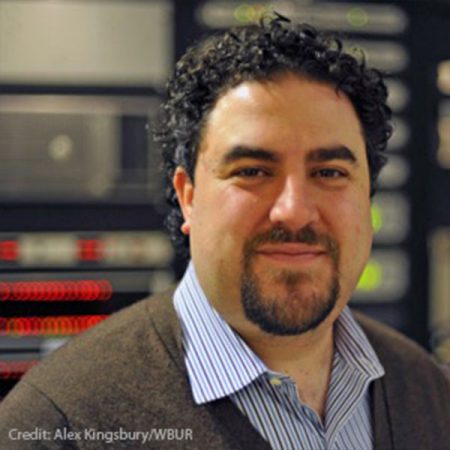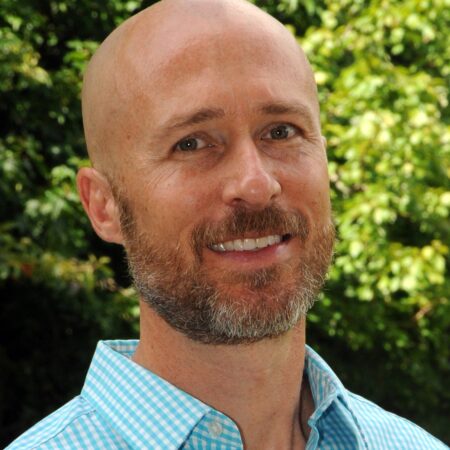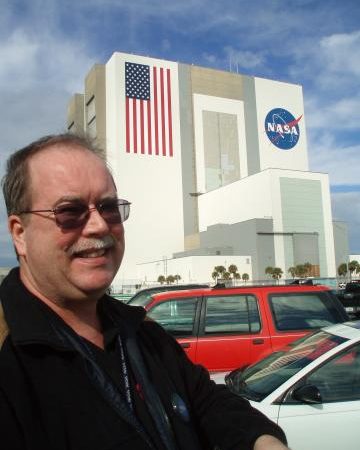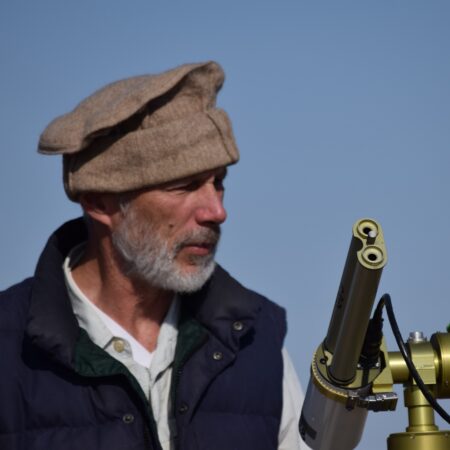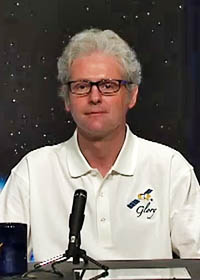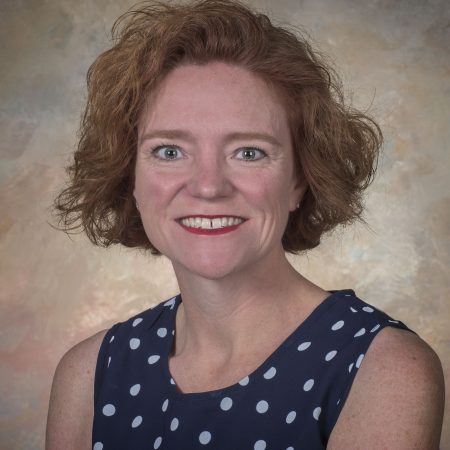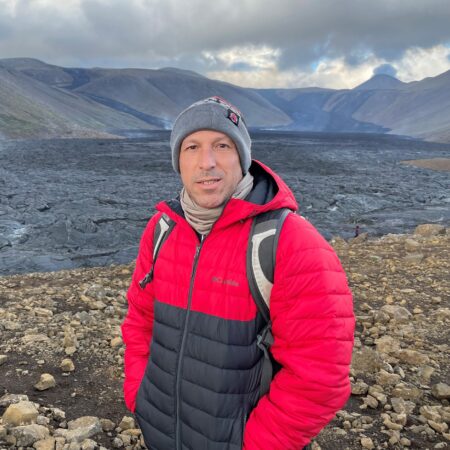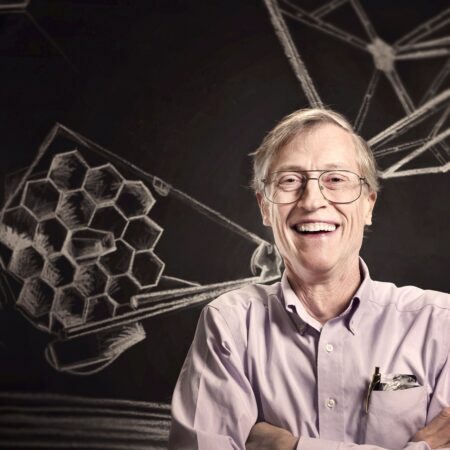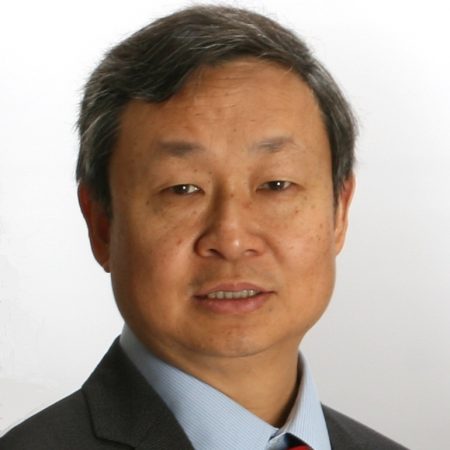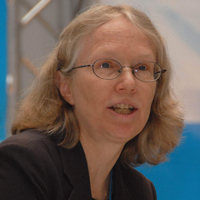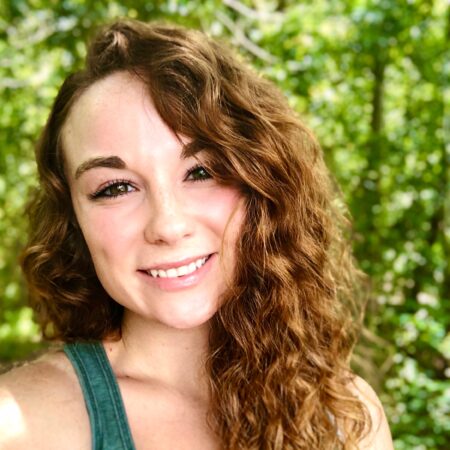Refine
Date Range Clear
Recorded by Clear
Keywords Clear
Partnerships Clear
- No matching terms.
Organizations Clear
Places Clear
Languages Clear
Initiatives Clear
- No matching terms.
Rachel Hampton ended up in the geosciences because she couldn’t find the art history class she was looking for. From asking a TA if she could join him on fieldwork to doing her senior thesis on volcanoes without a professor...
Michael King is a Senior Research Associate in the Laboratory for Atmospheric and Space Physics at the University of Colorado. He previously worked at NASA for 3 decades in a variety of roles, including Senior Project Scientist of NASA’s Earth...
Chris Justice is a geographer and professor at the University of Maryland whose research on land use changes and global agriculture has taken him around the world. His research has had a hand in a variety of NASA programs, including...
How does one go from being a B+ student who got dressed down by her 8th grade softball coach to the Division Director of the Earth Science Division at NASA? While this might sound like the plot of an inspirational...
Dr. Gupta was unsure of what she wanted to work on after finishing medical school, but she found her calling and is now the Open Innovation and Community Applications manager at NASA headquarters. Listen to Dr. Gupta talk about her...
If Sharmila Bhattacharya wasn't Program Scientist for Space Biology at NASA Headquarters, perhaps she would've been a theater actress. And while her contributions on stage would likely be legendary, we're happy to have her at NASA learning about how space...
Kristin Pratscher might have only recently received her Bachelor’s degree but she already has plenty of experience in her field of geology. From a field camp in Turkey to being part of the Summer of Applied Geophysical Experience (SAGE) program...
Joseph Westlake is a research scientist at the John Hopkins Applied Physics Lab, and is an expert in plasma and mass spectrometry experimentation. Listen to Dr. Westlake talk about his start in science, the importance of mentorship, and what inspires...
As the Scientific Visualization lead for NASA’s Goddard Space Flight Center, Mark SubbaRao oversees the translation of NASA science into images and movies. For Mark, science visualization is a key communication tool that allows the public to interact and explore...
Jeffrey Myers knows his way around aerial photogrammetry. As a former lead manager at the Airborne Sensor Facility at NASA’s Ames Research Center, Jeffrey’s work with data collection and earth mapping has been affiliated with NASA’s U-2 program, MODIS, and...
Growing up in Chicago, Gary Jedlovec dreamed of running his own weather station and becoming the next great TV weather forecaster. However, that all changed when he discovered meteorological research. Now well into his career as the Chief of the...
Melissa Scruggs is currently working towards earning her PhD in Volcanology at UC Santa Barbara, and there's nothing else in the world she would rather be doing. But she didn't always know this- after dropping out of high school to...
David Shiffman is a shark guy first, marine conservation biologist second. Sharks are in his Twitter handle, he’s writing a book about them, and he was wearing a shark shirt the day we interviewed him. We talked with David about...
Dorian Janney is a science communicator for NASA asking the big question: how do we make science accessible? Sparked into Earth Space Science through her son’s curiosity with space, we talk to Dorian on how her journey as an educator...
Justin Kasper is a Professor of Space Sciences at the University of Michigan, where he designs sensors for spacecraft that explore extreme environments in space. In this interview Dr. Kasper talks about what sparked his interest in space, the rewards...
Being a Hydrologist was never on Matthew Rodell’s radar, let alone working for NASA. But he always trusted the path ahead. Now as their Deputy Director of Earth Sciences for Hydrosphere, Biosphere, and Geophysics (HGB) at Goddard Space Flight Center,...
Meet Eric Lindstrom, a former Physicial Oceanographer for NASA who now works with Saildrone, Inc to map the ocean floor. Eric spent his first day at the beach when he was 3 days old and has been fascinated with marine...
With over thirty-years of experience in aerosol research as a Project Leader on NASA’s AERONET program, retired NASA scientist Brent Holben knows his way around those finer details. Now three-months into his retirement, Brent walks us through his adventurous world-trotting...
Brian Cairns works for the NASA Goddard Institute for space studies in New York, where he focuses on developing instruments that will make better measurements of small particles in space. In this interview Dr. Cairns discusses his start in engineering,...
Dr. Amy Winebarger is an astrophysicist in the Heliophysics and Planetary Science Office at NASA. Listen to Amy talk about what makes sounding rockets awesome to work with, the rewards of being a mentor, and how a New York Times...
Peter Falcon is an Earth Science communications specialist at NASA’s Jet Propulsion Laboratory with an atypical background: behavioral science. As a communications specialist, Peter acts as a liaison between NASA projects – such as the CloudSat program – and students,...
John Mather has an exciting year ahead of him- he's the senior scientist for the James Webb Space Telescope, the planned successor of the Hubble Space Telescope, which is scheduled to be launched this October. We talk to John about...
Meet Xubin Zeng, a professor of atmospheric science at the University of Arizona. Dr. Zeng was amazed by the power of mathematics at a young age and found his calling in physics. Listen to Dr. Zeng discuss what inspires him,...
Cynthia Rosenzweig has been studying earth's changing climate and its impacts on agriculture for over 2 decades, yet she continues to be fascinated by the subject on a daily basis. Dr. Rosenzweig currently heads the Climate Impacts Group at NASA's...
Gina Zwicky love lizards. And frogs. And turtles. Basically, all sorts of amphibians and reptiles. The love has turned into a career looking at how lizards fight off parasites and how those parasites evolve to be, well, better parasites. And...
